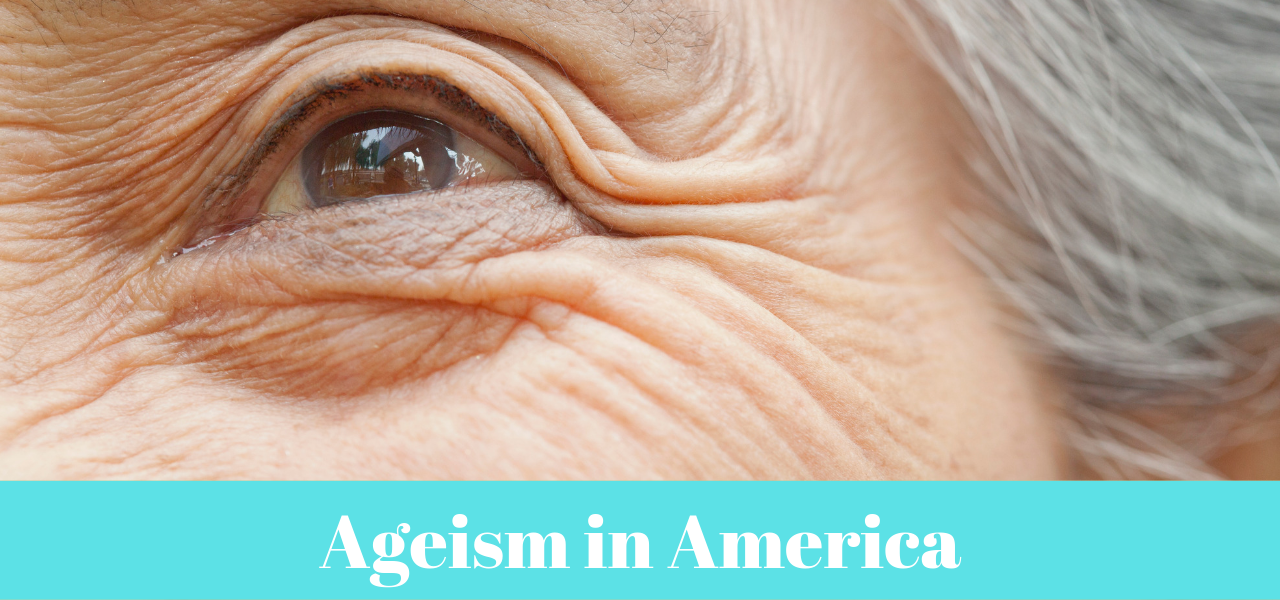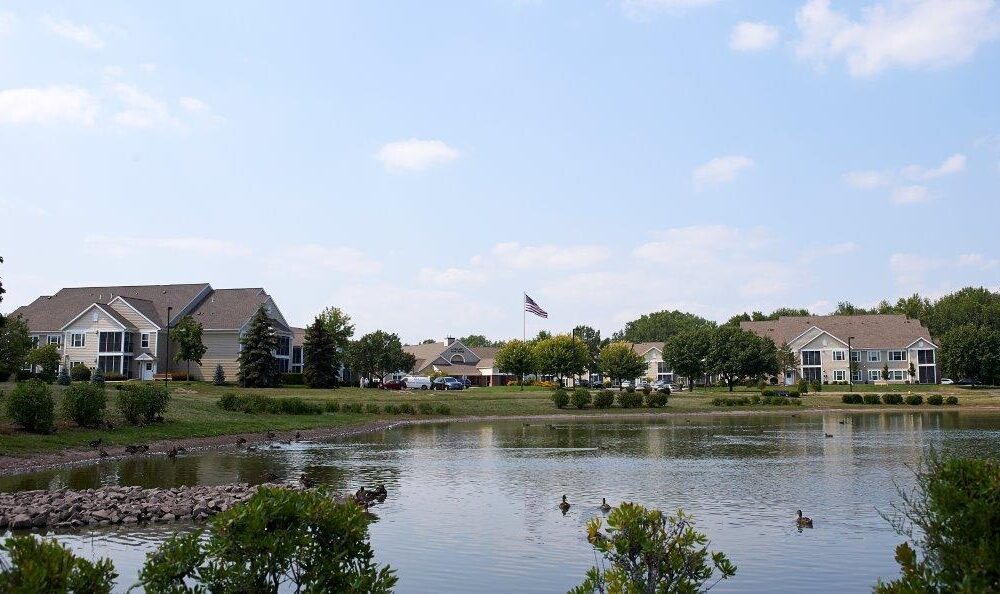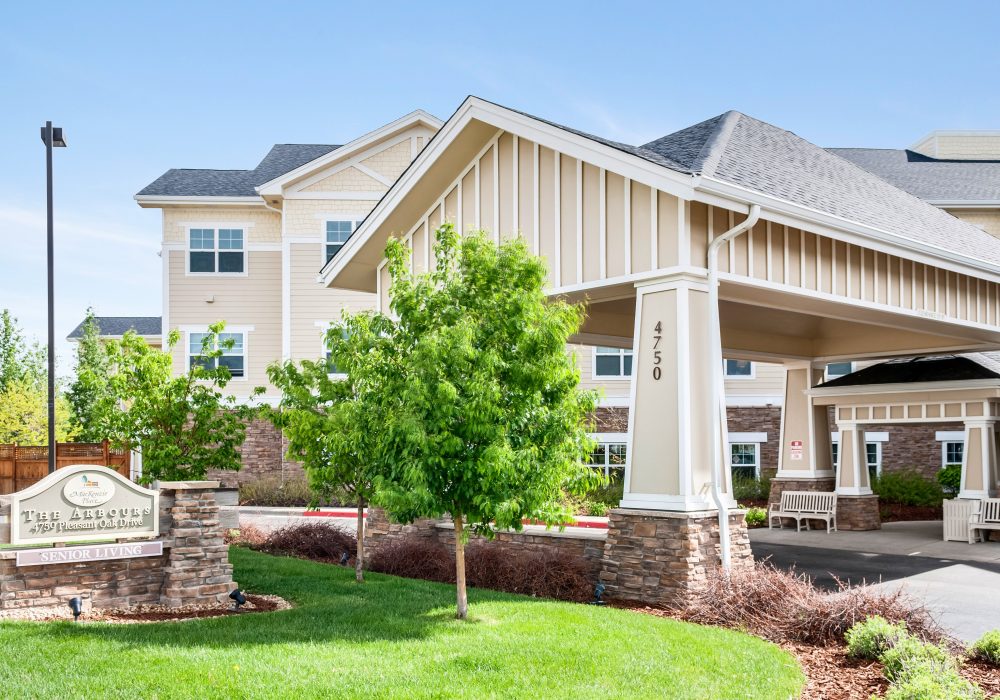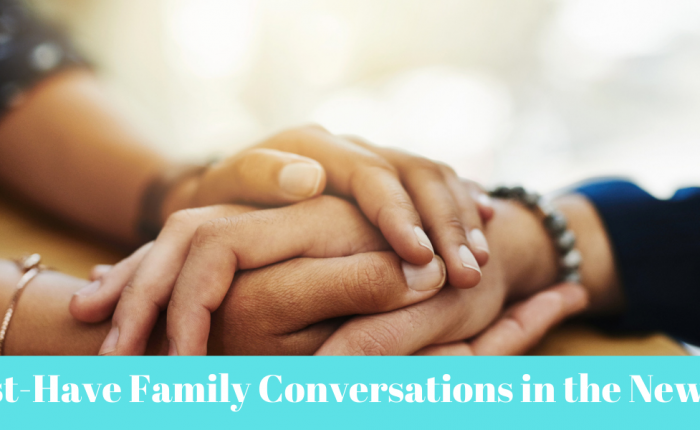
Even as the number of Americans 60 and older rises in the United States, seniors are still facing ageism. From fighting negative stereotype portrayed in the media to facing inequality in the workplace, many adults 60 and older are all too often the victims of ageism.
Learn more about ageism, how it negatively affects seniors and the country as a whole, and what you can do to fight ageism in your own community.
What is Ageism?
Defined by the World Health Organization as the “stereotyping, prejudice, and discrimination against people on the basis of their age,” ageism is widespread and pervasive throughout Western culture. The term was coined in 1968 by Robert N. Butler, MD, a gerontologist, psychiatrist, and Pulitzer Prize winner, referring to the denial of basic human rights for older people.
There are laws against ageism, specifically the Age Discrimination in Employment Act which was passed by Congress in 1967. Despite these laws and protections afforded by the U.S. Government, many seniors face ageism every day. A 2001 survey by Duke University that included 84 people ages 60 and older found that 80% of respondents had experienced at least one form of ageism. It also found that the most frequent type of ageism was being told a joke that makes fun of seniors (58%). 31% of respondents felt they had been ignored or not taken seriously because of their age.
Experience Leisure Care Senior Living

The Village at Unity & The Hamlet
Independent Living, Assisted Living, and Memory Care in Rochester, New York

MacKenzie Place - Fort Collins
Independent Living, Assisted Living, and Memory Care in Fort Collins, Colorado
Ageism can lead to seniors being overlooked for employment opportunities, excluded from social services, and stereotyped in the media. It is thought to be the most socially normalized form of any prejudice and is not usually fought, unlike other forms of prejudice like racism or sexism.
How Does Ageism Negatively Affect Seniors?
Obviously, these negative stereotypes are hurtful to seniors. However, a study from Yale University found that it may even shorten their lives. A study of 660 people ages 50 and older found that seniors with a more positive perspective on aging lived 7.5 years longer than those with a negative perspective on aging.
The study also found that seniors who were not exposed to ageism but were exposed to positive perspectives on aging had better memory and balance, in contrast to those participants who experienced negative self-perceptions and demonstrated worse memory and feelings of worthlessness.
Not only does ageism negatively affect the lives of seniors, but it can also negatively impact entire communities as it marginalizes people who have a lot to offer younger generations. When entire generations are excluded from society, every generation suffers.
Additionally, ageism is expensive. A 2018 study from Yale University quantified health costs resulting from ageism, finding that ageism costs the United States $63 billion annually. The study also found that ageism was responsible for the nearly 17 million cases of the eight most expensive health conditions in one year among adults 60 years old and older. By linking the stress caused by ageism and using modeling techniques of health economics, the model calculated the cost of ageism on health to be more than the cost of age on health alone.
5 Ways to Fight Ageism
Thankfully, you can fight ageism in your local community. These five simple ways can make a meaningful impact in combating ageism.
1. Speak the truth about ageism
Don’t be afraid to call ageism what it is when you see it. If you hear someone tell a hurtful joke or stereotype seniors in a negative way, let people know that is not okay with you. Ageism is often overlooked or dismissed but is harmful to the individual health of seniors and the health of the country as a whole. When you see ageism, speak out against it.
2. Stay physically and mentally active
Aside from the obvious individual benefits staying physically and mentally active challenges negative senior stereotypes. Be a senior who hikes, rides bikes, does the daily crossword, and is active and engaged.
3. Focus on the positive
Anyone can find the negative in aging, but when you focus on the positive, you fight ageism on the front lines. Age can bring wisdom, knowledge, peace of mind, confidence, and financial freedom. Let others know what you like about aging.
4. Be intentional about forming intergenerational relationships
Be a mentor for someone younger than you and intentionally cultivate intergenerational relationships. If younger generations meet seniors who are active and challenge pervasive cultural stereotypes, they can also become advocates in the fight against ageism.
5. Volunteer in your local community
Volunteering has major benefits for seniors including reducing symptoms of depression, keeping seniors active for longer, promoting mental health, and even preventing dementia. However, it can also improve intergenerational relationships and fight ageism as seniors become active in the local community.
How have you seen ageism manifest itself in your life? What do you do to combat ageism in your community? Share your stories with us in the comments below. We’d love to hear from you!
Find a Leisure Care Community
Better with age, exceptional with us! Come and see how Leisure Care communities are helping seniors rediscover (and sometimes reinvent) themselves.






